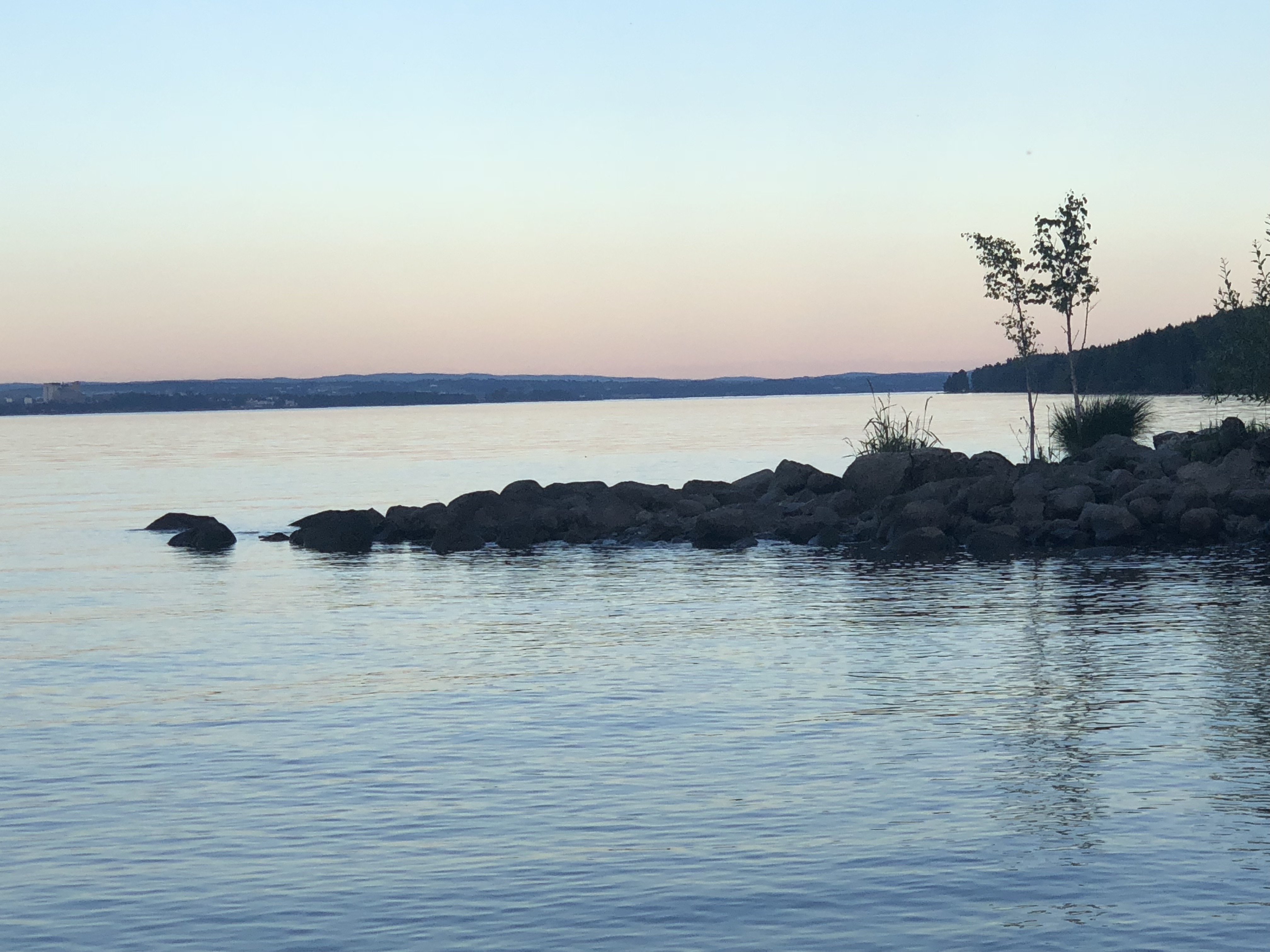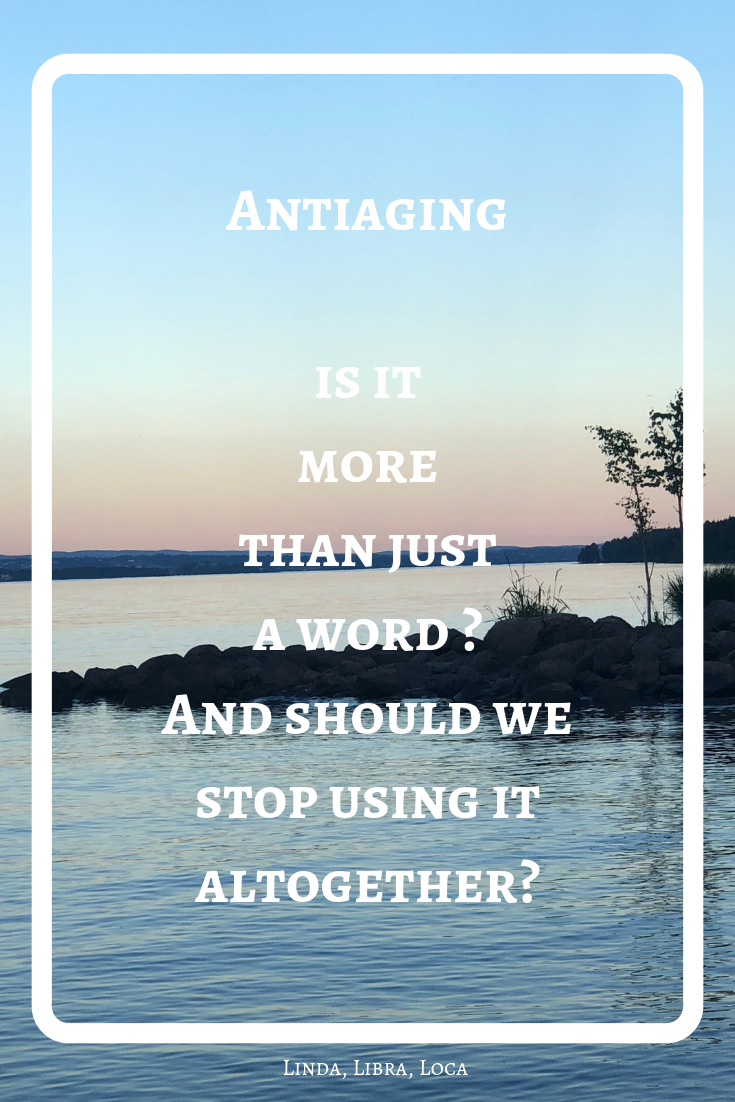A little over a year ago, Allure Magazine decided to ditch the term anti-aging.

In their September 2017 issue (featuring the gorgeous Helen Mirren on the cover) they stated:
“This issue is the long-awaited, utterly necessary celebration of growing into your own skin — wrinkles and all. No one is suggesting giving up retinol. But changing the way we think about aging starts with changing the way we talk about aging.
With that in mind, and starting with this issue, we are making a resolution to stop using the term “anti-aging.” Whether we know it or not, we’re subtly reinforcing the message that aging is a condition we need to battle — think antianxiety meds, antivirus software, or antifungal spray.”
Aging is a privilege, I think we all can agree on that, but does not using the term anti-aging actually change anything?
This, dear reader, is a question I have not yet found my answer to.
Words are powerful and do influence our way of thinking. Anti-whatever gives the “whatever” a negative connotation, puts aging next to things we want to get rid of.
If my daughter grows up surrounded by pots and potions that have anti-aging written all over them (and she does, my bathroom is full of that stuff!), she will inevitably learn that aging needs to be prevented.
But can we just eliminate a word and leave the space it filled empty? Anti-aging is among the most searched key words in the beauty sector, so there is definitely a desire for it.
Why do we want this anti-aging effect? Why is looking youthful so important? Is it all down to society and the way we speak?
Youth is linked to health and fertility, which is linked to being sexually attractive. That has little to do with society, but more with reproduction, with basic animal instincts … With conservation of the species in the end.
But at the same time society has taught us that being sexually attractive is the ONLY way of being attractive. Wisdom, patience, the power of a woman past her menopause – We don´t credit that anymore.
So if I just take “anti-aging” and ban it from this website – will that change the way we see women? Or will it just hurt my SEO?
In the end, I think that Allure banning the word was an important step towards a change that is long overdue. A change that is slowly but surely taking place, with the increase of beauty bloggers past the age of 30, with campaigns like #thatsnotme (link) and, most of all, with women like Helen Mirren to admire for so many things other than still being able to conceive.
There is nothing wrong with wanting to look our best, but the emphasis should be on “our”. Beauty has no age, and my gained confidence more than outweighs the wrinkles I have on my forehead in making me beautiful, that is for sure.
So for now I will at least consciously make an effort to avoid anti-aging in my texts. How about you?
